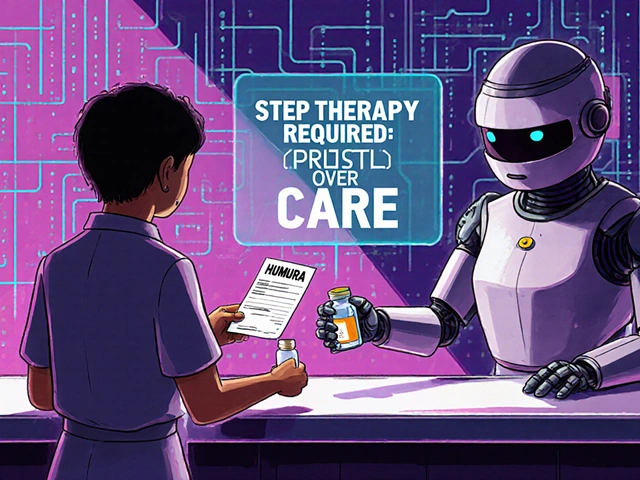Valproic acid: what it does and who needs to know
Valproic acid (also called valproate or divalproex) is a widely used medicine for epilepsy, bipolar disorder, and sometimes migraine prevention. It calms overactive brain signals and can stop seizures or stabilize mood. If your doctor suggested valproate, this page tells you the key facts you actually need — not a lecture.
Valproate comes as tablets, capsules, syrup, and injections. Dosing varies a lot by age, weight, and the condition being treated, so always follow your prescriber. Don’t swap brand names or formulations without checking with the clinic or pharmacist — levels can change with different forms.
Common side effects and important warnings
Most people do fine, but some side effects are common: nausea, drowsiness, tremor, weight gain, and hair thinning. Those are annoying but usually manageable. A few rare but serious risks need attention: liver injury (more likely in young children and soon after starting), pancreatitis, and major birth defects if taken during pregnancy.
If you could become pregnant, talk to your doctor before using valproate. It has a high risk of causing neural tube defects and developmental problems in children exposed in the womb. For women of childbearing potential, doctors often recommend effective contraception and discuss alternatives unless valproate is the only option.
Check-ups matter: your prescriber should order liver tests, blood counts, and sometimes drug-level checks. If you notice unexplained tiredness, yellowing skin or eyes, severe stomach pain, or unusual bleeding, get medical help quickly.
Interactions, dosing tips, and daily habits
Valproic acid interacts with many drugs. It can raise levels of lamotrigine (increasing rash risk), affect warfarin, and interact with some antidepressants or pain meds. Some antibiotics and seizure drugs change valproate levels. Always tell every clinician and pharmacist that you’re taking it.
Take it with food if it upsets your stomach. Avoid heavy alcohol use — both increase the risk of drowsiness and liver damage. Don’t stop suddenly; abrupt withdrawal can trigger seizures. If you need to stop, your doctor will taper it down safely.
Practical tips: use a pill box, set a phone alarm, and carry a list of your medicines. If you miss a dose, follow the instruction from your provider or the leaflet — usually skip the missed dose if it’s close to the next one, and never double up without checking.
If you’re getting prescriptions online, make sure the pharmacy is legitimate, asks for prescriptions, and has clear contact info. Scams sell fake or unsafe meds. Your health depends on real products and proper monitoring.
Questions to ask your doctor right now: Do I need blood tests? How will this affect pregnancy planning? Are there safer alternatives for my condition? Clear answers will help you use valproic acid safely and effectively.
 25 May 2025
25 May 2025
Depakote: Uses, Side Effects, and Essential Information for Patients
Depakote is a well-known medication used to treat epilepsy, bipolar disorder, and migraine prevention. This article walks you through what Depakote does, how it actually works, why your doctor might recommend it, and what potential side effects to watch out for. You'll also get tips for managing common issues and answers to questions many patients have. If you've ever wondered how this medication fits into daily life or what makes it different from others, you're in the right place.
Latest Posts
-

Pharmacokinetic vs Pharmacodynamic Drug Interactions: What You Need to Know
-

How to Appeal Insurance Denials for Generic Medications: A Step-by-Step Guide
-

PCSK9 Inhibitors vs Statins: Side Effects and Outcomes
-

Felix Weight Loss Program Honest Review: Pricing, Medications & User Experience in 2025
-

Common Medication Errors at Home and How to Prevent Them

15